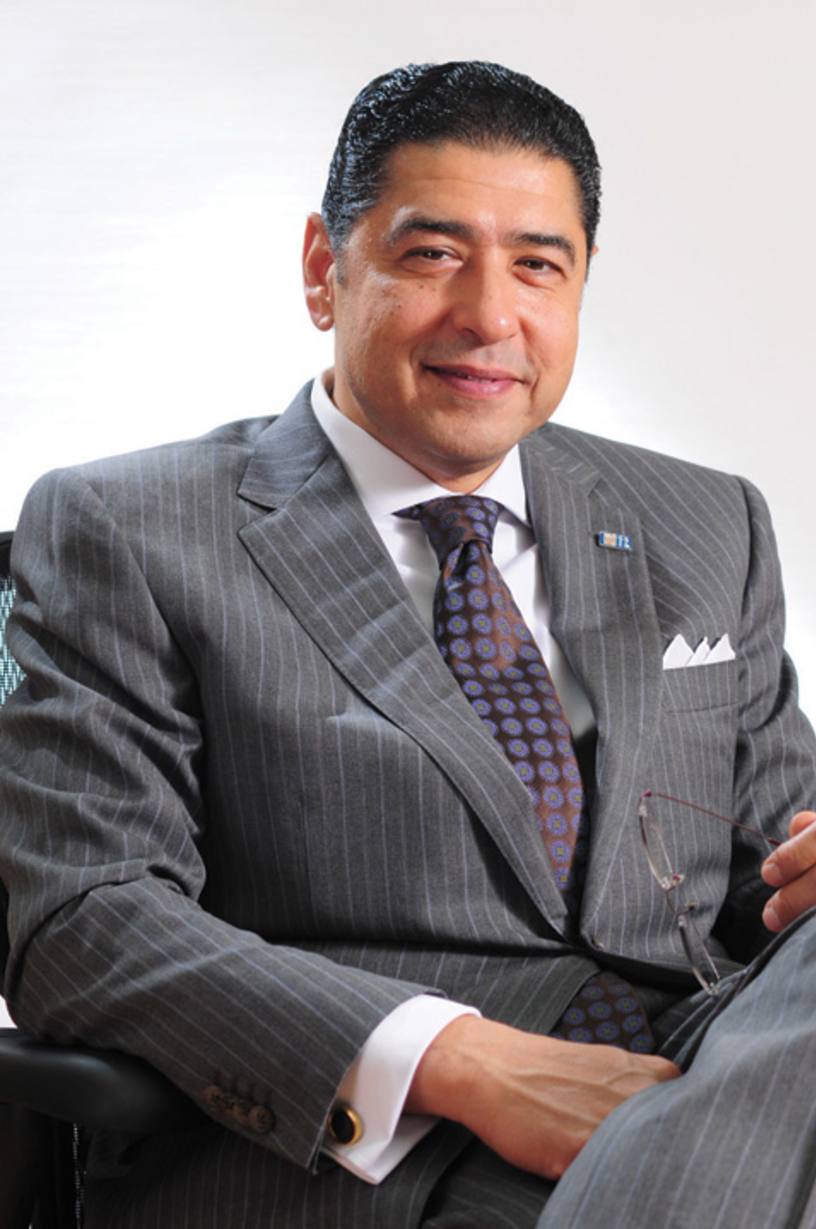The uprising that led to the fall of president Hosni Mubarak in February sent Egypt’s economy plummeting. Gross domestic product (GDP), which had been growing at 5% a year, shrunk 4% on an annualised basis in the first quarter and manufacturing declined 12%. Official foreign exchange reserves dropped from $36bn to $27bn between January and June, as exports and tourism slowed.
Conditions were particularly tough for banks. Most were shut for almost 30 days following the start of major anti-Mubarak protests on January 25. And when they did reopen, the lack of security across the country meant it took more than a month for them to be fully operational.












